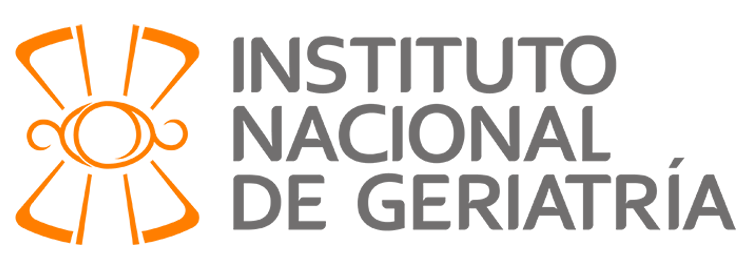


Por favor, use este identificador para citar o enlazar este ítem:
http://repositorio.inger.gob.mx/jspui/handle/20.500.12100/17234Registro completo de metadatos
| Campo DC | Valor | Lengua/Idioma |
|---|---|---|
| dc.rights.license | http://creativecommons.org/licenses/by/4.0 | es_MX |
| dc.creator | MARIANA LOPEZ ORTEGA | es_MX |
| dc.creator | MINA KONIGSBERG FAINSTEIN | es_MX |
| dc.date | 2020 | - |
| dc.date.accessioned | 2021-08-24T21:04:42Z | - |
| dc.date.available | 2021-08-24T21:04:42Z | - |
| dc.identifier.uri | http://repositorio.inger.gob.mx/jspui/handle/20.500.12100/17234 | - |
| dc.description | Purpose Aging research in Mexico has significantly increased in the past decades, however, little is known on health related quality of life (HRQoL) of older adults. The aim of this study was to expand this field by examining HRQL in a representative sample of Jewish older adults in Mexico, and to investigate its association with different factors. Methods This was a cross-sectional survey of a random sample of community dwelling Jewish men and women aged 60 years and older. HRQoL was measured using the Short Form Health Survey (SF-36). Bivariate analysis was performed to estimate the association of scores of HRQoL and different characteristics of the study sample and multiple linear regression models were estimated using ordinary least squares (OLS), to explore determinant factors associated to HRQoL in this sample, for the eight domains of the SF-36 sub-scales separately. Results Two hundred ninety-five older persons were interviewed. Mean age was 72.7 years (SD 7.9), men made up 57% of the sample, 67% were married and 52% reported living with another person, mostly the spouse. Higher HRQoL was associated with higher educational attainment, being married, and having higher social support, while lower HRQoL was associated with being widowed, in worse financial situation, having chronic diseases and being in the oldest age groups. Conclusions Findings show that gender, socioeconomic level, educational attainment, marital status as well as social support & community participation are relevant factors influencing HRQoL in our study sample. With respect to the SF-36 subscales, HRQoL of Jewish older adults in Mexico present higher scores than that of adults and older adults previously found in other studies in Mexico. Further studies comparing other characteristics among them could help bring further understanding of these differentiated ageing processes. | es_MX |
| dc.format | Adobe PDF | es_MX |
| dc.language | eng | es_MX |
| dc.publisher | BMC | es_MX |
| dc.relation | https://hqlo.biomedcentral.com/articles/10.1186/s12955-020-01401-4 | es_MX |
| dc.relation.requires | Si | es_MX |
| dc.rights | Acceso Abierto | es_MX |
| dc.source | Health and Quality of Life Outcomes (1477-7525) Vol. 18 (2020) | es_MX |
| dc.subject | CIENCIAS SOCIALES | es_MX |
| dc.subject | Demografía | es_MX |
| dc.subject | Comunidad judía | es_MX |
| dc.subject | Personas mayores | es_MX |
| dc.subject | Envejecimiento | es_MX |
| dc.subject | Calidad de vida | es_MX |
| dc.subject | México | es_MX |
| dc.subject | Demography | es_MX |
| dc.subject | Jewish community | es_MX |
| dc.subject | Elderly | es_MX |
| dc.subject | Aging | es_MX |
| dc.subject | Quality of life | es_MX |
| dc.subject | Mexico | es_MX |
| dc.title | Health-related quality of life among jewish older persons in Mexico and its determinants. | es_MX |
| dc.type | Artículo | es_MX |
| dc.audience | Researchers | es_MX |
| dc.creator.id | LOOM700114MDFPRR09 | es_MX |
| dc.creator.id | KOFM650625MDFNNN02 | es_MX |
| dc.creator.nameIdentifier | curp | es_MX |
| dc.creator.nameIdentifier | curp | es_MX |
| Aparece en las colecciones: | 1. Artículos | |
Ficheros en este ítem:
| Fichero | Descripción | Tamaño | Formato | |
|---|---|---|---|---|
| Health and Quality of Life Outcomes (1477-7525) Vol. 18 (2020).pdf | 357.17 kB | Adobe PDF | Visualizar/Abrir |